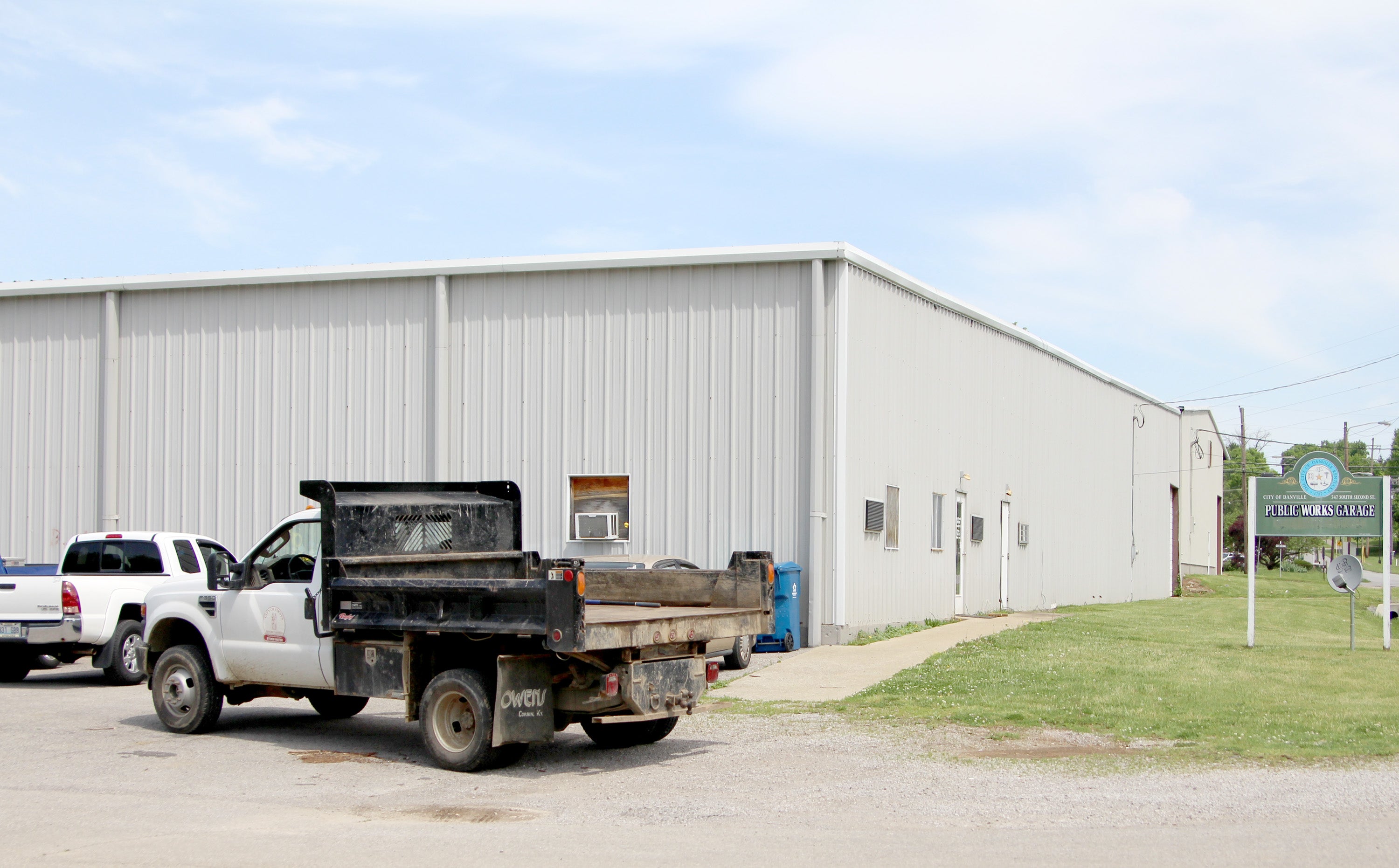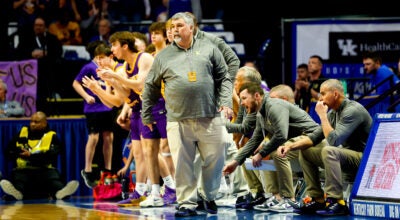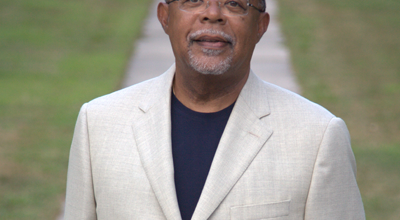Supreme Court will hear City of Danville v. Advocate-Messenger in August
Published 8:12 am Thursday, June 1, 2017

- File photo The old BISCO Building in Danville is located between Second and Third streets, near Batewood Park. It is used by the City of Danville as its public works garage.
The Kentucky Supreme Court will hear oral arguments this summer in City of Danville v. The Advocate-Messenger.
Oral arguments in the years-long open meetings case have been scheduled for 9 a.m. Aug. 16 in Frankfort. Each side will have 15 minutes to make their cases before the state’s highest court.
At issue in the case:
• whether the Danville City Commission violated the Open Meetings Act by authorizing the purchase of a building during a closed session in 2012; and
• whether the city’s violations of open meetings law were “willful” — a finding that would require the city to pay the newspaper’s legal fees for defending itself.
So far, the Kentucky attorney general, the Boyle County Circuit Court and the Kentucky Court of Appeals have all ruled that the city violated the Open Meetings Act. The circuit court and court of appeals have differed on whether the violation was willful, with the appellate court ruling most recently that it was willful.
Since the case began more than four and a half years ago, the city has paid City Attorney Stephen Dexter’s law firm, Sheehan, Barnett, Dean, Pennington, Little & Dexter PSC, a total of $66,840.40 for representation in the case, Dexter said.
Since November 2012, The Advocate-Messenger has paid $102,283.68 to the law firm representing it in the case, Dinsmore & Shohl, according to accounting documents from the newspaper.
The case involves the former Boyle Industrial Storage Company (BISCO) building, which the City of Danville purchased for about $1.23 million at an auction in the summer of 2012. At the time of the auction, the city had not publicly taken action to authorize purchase of the building. It came out later that at a July 23, 2012 city commission meeting prior to the auction, commissioners agreed in an executive session to bid up to $1.5 million on the building and to authorize City Manager Ron Scott to hire a bidding agent to conceal the city’s identity during the auction.
State open-meetings law states that “no final action may be taken at a closed session.” Believing the city had taken final action in closed session, The Advocate-Messenger filed an open meetings complaint with the city on Aug. 30, 2012. State law gives public agencies three days to respond to open meetings complaints, but Danville did not respond to the newspaper’s complaint. On Sept. 10, 2012, The Advocate-Messenger filed an appeal with the Kentucky Attorney General’s Office.
The attorney general ruled the same month that Danville had violated the law by taking formal action during a closed session.
“The public was entitled to know each Commission member’s position on the purchase of the BISCO building at the time the agreement was reached to extend a bid and not after the purchase was consummated,” the attorney general’s ruling reads.
Danville then filed suit against the newspaper in Boyle Circuit Court in order to appeal the attorney general’s ruling. The Boyle court eventually ruled that the city did violate the law, but that the violation was not willful and Danville would not have to cover the newspaper’s legal fees. Danville appealed the ruling that it had violated the law and The Advocate-Messenger appealed the ruling denying coverage of its legal fees.
Last year, the Court of Appeals ruled on the appeals, affirming that Danville violated the Open Meetings Act and reversing the lower court on the severity of the violation — it ruled the city should be required to pay the newspaper’s legal fees.
“The board was acutely aware that discussing its bid in a public meeting would automatically create a disadvantage for it as a bidder in an auction. Nonetheless, the requirements of the Open Meetings Act are clear on their face,” the Court of Appeals ruling reads. “The board went into a closed meeting to discuss a matter of public business. Its closed meeting did not satisfy any of the exceptions to the open meetings mandate.
“The board deliberately elected to ignore the requirements of the Open Meetings Act when it proceeded to discuss public business in private. It later declined to respond to the open meetings request by The Advocate-Messenger. Its conduct with respect to the clear requirements of the statute was unquestionably willful.”
City Attorney Dexter promised following the ruling that the city would appeal to the Kentucky Supreme Court.
“We’re obviously disappointed in the decision that was rendered and we don’t feel like it comports with the case precedent in this area,” Dexter said at the time.
Since then, the city did appeal to the Supreme Court and both sides have been filing briefs. Most recently, The Advocate-Messenger filed a “counterstatement of the case” in April, arguing against the case made by the city.
The city has argued that by making a motion to approve the purchase of the BISCO building days after the auction was completed, it did appropriately take action to approve the purchase in open session.
The newspaper argues that laws governing auctions state “a contract is formed with each bid, and the seller … is absolutely committed to the sale once the bid has been entered.”
“Thus, because this was an absolute auction, any winning bid by the city — or by anyone else — would constitute a binding commitment to purchase the property,” the newspaper’s counterstatement reads.
The counterstatement goes on to point out that the mayor at the time, Bernie Hunstad, later admitted in a published opinion piece in the newspaper that “all commissioners were in agreement to purchase the building” during the closed session.
And, on the authority of the commission, the mayor signed a contract with a bidding agent prior to the auction, agreeing to the terms and conditions of the sale and promising to pay for the building and the bidder’s 10-percent fee.
“Thus, as of Aug. 10, 2012, the city had hired an agent, bid on and purchased the BISCO building by signing a binding contract and made down payment of $123,750, in secret with the stated purpose of avoiding the set requirements of the Open Meetings Act,” the counterstatement reads.
The counterstatement also alleges the city went on to violate the Open Meetings Act again by re-entering closed session on Aug. 13, 2012, under a legal exception allowing for deliberations about “future” purchase of property, when public discussion “would be likely to affect the value.”
“By this time, the purchase had already been made, and the exception clearly did not apply because there was no future acquisition of property,” the counterstatement reads. “… publicity could not possibly have affected the value of the property that the city had already contracted to purchase for a specific price.”
SO YOU KNOW
The case is set for oral arguments before the Kentucky Supreme Court at 9 a.m. on Aug. 16 in the Supreme Court courtroom in Frankfort. Oral arguments are streamed live on the Supreme Court’s website, courts.ky.gov.






